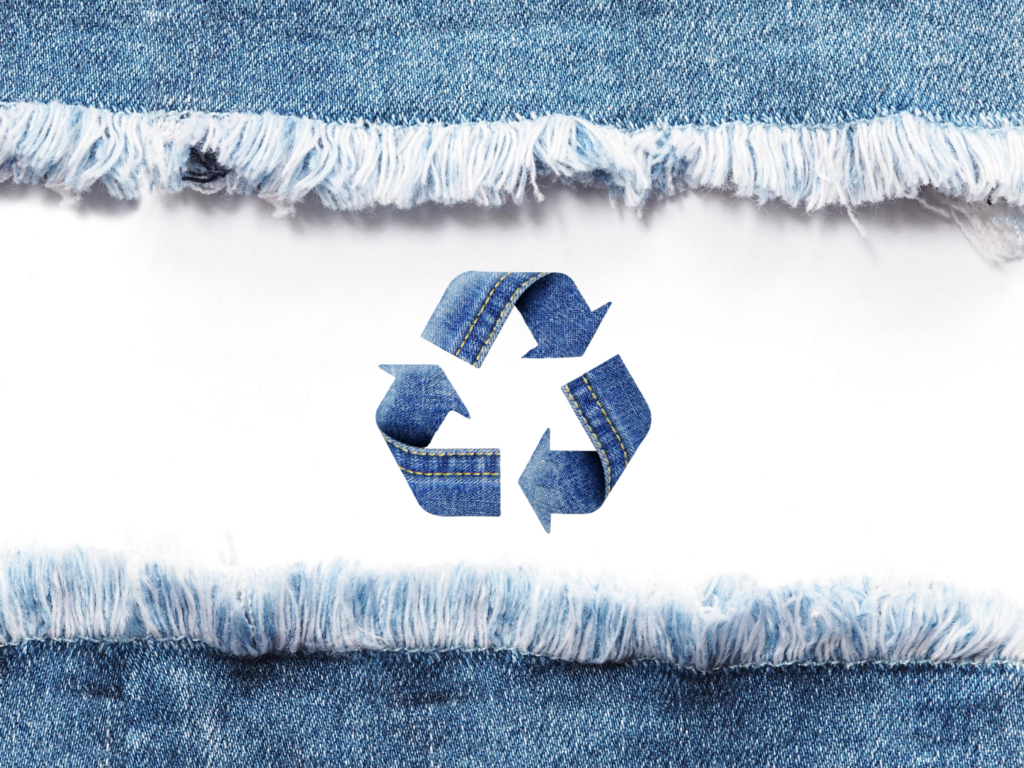Women empowerment through ethical fashion
by Akshata Sulebhavi


As women now drive the world economy through their increasing participation in economic, social, and political activities, we shouldn’t forget about the purchasing power and influence that women have. Since we comprise at least 70–80% of the buyers, we have to continue to utilize ethical fashion as a tool to create awareness among the female workers and shoppers so that those who deserve better facilities, wages, and better means of livelihood can fight for their rights.
When women buy a fashion piece, they look for origin. For instance, my aunt still asks the merchants the origins of each saree with respect to the material and technique used for making it as well as its place of origin, before buying it. Now, it is more important than ever that we become more conscious about the choices we make when we set out to buy.
Ethical fashion is an umbrella term that consists of the entire production from farming of seed to the finished product. The entire production consists of creative guidelines, manufacturing, and retailing. This term covers all the people that work in every stage of production and brands that fall under the ethical fashion umbrella ensure that the workers are well paid and that they are working in good conditions. It also covers different types of issues such as working conditions, exploitation, fair trade practices, environment, and animal welfare.
Ethical fashion was used by African women to uplift themselves from poverty and to increase their income through the Ethical Fashion Initiative by ITC (International Trade Centre). It is a channel through which the empowerment of women can be increased because there are many women all over the world contributing to each stage of production such as farming, manufacturing, retailing, etc.
As women of all ages are educating themselves and looking for opportunities, there is also a ray of hope for elderly women. Granmdein is an ethical enterprise based in Delhi that creates woolen fashion accessories for men and women. These accessories are made by senior matriarchs and ladies who are from underprivileged areas of Delhi and Noida. Even in the pandemic, these women continue to provide raw materials and design guidelines to the venture. In return, the owners provide advance cash and ration to every individual so that they can have a sustainable livelihood.
While I was doing my research, I came across an amazing organization called IPHD (Institute of Philanthropy and Humanitarian Development). It is a non-profit organization founded by Madhu Vaishnav that is based in Jodhpur, Rajasthan. Saheli Women Community Center is a sub-branch of IPHD operating in Bhikambhor, a small village in Jodhpur. Devi is a clothing brand that has been freshly established by an intern from IPHD. It is an ethical fashion enterprise that consists of 24 underprivileged women who are part of the Saheli women community center who create beautiful jumpsuits, silk tops, and dresses. IPHD provides the workers with a safe working environment, fair wages, and even covers health insurance so that the women can support themselves and their families. By selling these items made by Saheli women through the Devi clothing brand, IPHD runs three different programs in the village of Bhikamkor — Livelihood program, Health program, and girl’s education program.
The Livelihood Program is a wonderful initiative by IPHD that focuses on economic development by teaching women financial literacy, providing skills training, and offering employment through Saheli Women. In their Health Program IPHD aims to improve health literacy and access to high-quality health services. In their Girls’ Education Program, it enrolls and sponsors the education of all the girls from the Saheli Women Community.
Another inspiring organization that I came across was Local Women’s Handicrafts (LWH), a social-ethical enterprise that was founded in 2008 by Nasreen Sheikh when she was just 16 years old. She founded LWH as a small shop in Nepal, Kathmandu after working as a child laborer for two years in a sweatshop. She founded it with the vision that she could empower these Nepali women and could uplift them. LWH has trained more than 100 Nepali women. In LWH, artisans and seamstresses work together to create beautiful pieces. To prevent injustice #whomademyclothes was a movement started by the Fashion Revolution to bring justice to workers who work in every stage of the ‘seed to sale’ process.
In order to accept ethical fashion as a lifestyle, you have to start educating yourself before you buy anything. Follow this mantra ‘Research, Ask, Act’. Before you buy, research about the brand and try to find out how their production process works. Learn about fair trade systems, animal welfare, and different ethical practices that are used. Ask yourself — who made my clothes? Where was this made? How was this made? And finally, act if you are satisfied with the information they provide.
Writing about this helped me understand how even a small action can make an impact on others’ life. I learned about ethical and sustainable fashion in great detail. I also got familiar with many ethical and sustainable fashion brands and organizations which accept such changes and evolve themselves according to the needs of the surroundings. We don’t see the impact, because most of the time we are so excited about going to stores and eager about the upcoming sales that we tend to forget the impact fast fashion has on the environment and lives of people, especially women laborers, who suffer from unethical behaviors at the workplace.
We have to make ethical fashion a part of our lives and we also have a duty to help others implement these changes in their lifestyle. The women mentioned in this article have taken large strides towards making ethical fashion accessible as well as empowering and by supporting them and our larger community of women, we can make a large-scale industrial change such as this possible.
REFERENCES
– ITC initiative
https://www.japantimes.co.jp/news/2013/06/02/national/ethical-fashion-concept-employed-to-empower-africas-female-artisans
– Grandmadein
https://ru-ru.facebook.com/GranMadeIndia/photos/a.117608442241108/452014732133809/?type=3&eid=ARCf6BXWrogfPliKJ8hXkLAoUYC9XPpV63OwkMUHJRkHF1jHAgoZ6fDMjM34xiZ_DAxoThJC
– Devi
Home
https://www.devi-clothing.com/our-story
– Local women’s handicraft
https://localwomenshandicrafts.com/about
https://nasreensheikh.com/biography/
– Stats
https://www.forbes.com/sites/bridgetbrennan/2015/01/21/top-10-things-everyone-should-know-about-women-consumers/#b802a846a8b4
https://hbr.org/2009/09/the-female-economy
Our Communities
We’d love to hear your thoughts too.
Be a part of the conversation and exchange of ideas by joining our community.
Submit a Comment
Our communities
Upcoming events
Can’t get enough? Explore our upcoming events and register to attend as many of them as you like.
Categories
Trending Posts
Recent posts
Buzzing right now
There’s a lot going on in these communities
at the moment. Join them now, as a member
or as a supporter.
SheDares
EntrepreNaari
NotAlone


